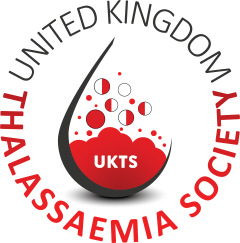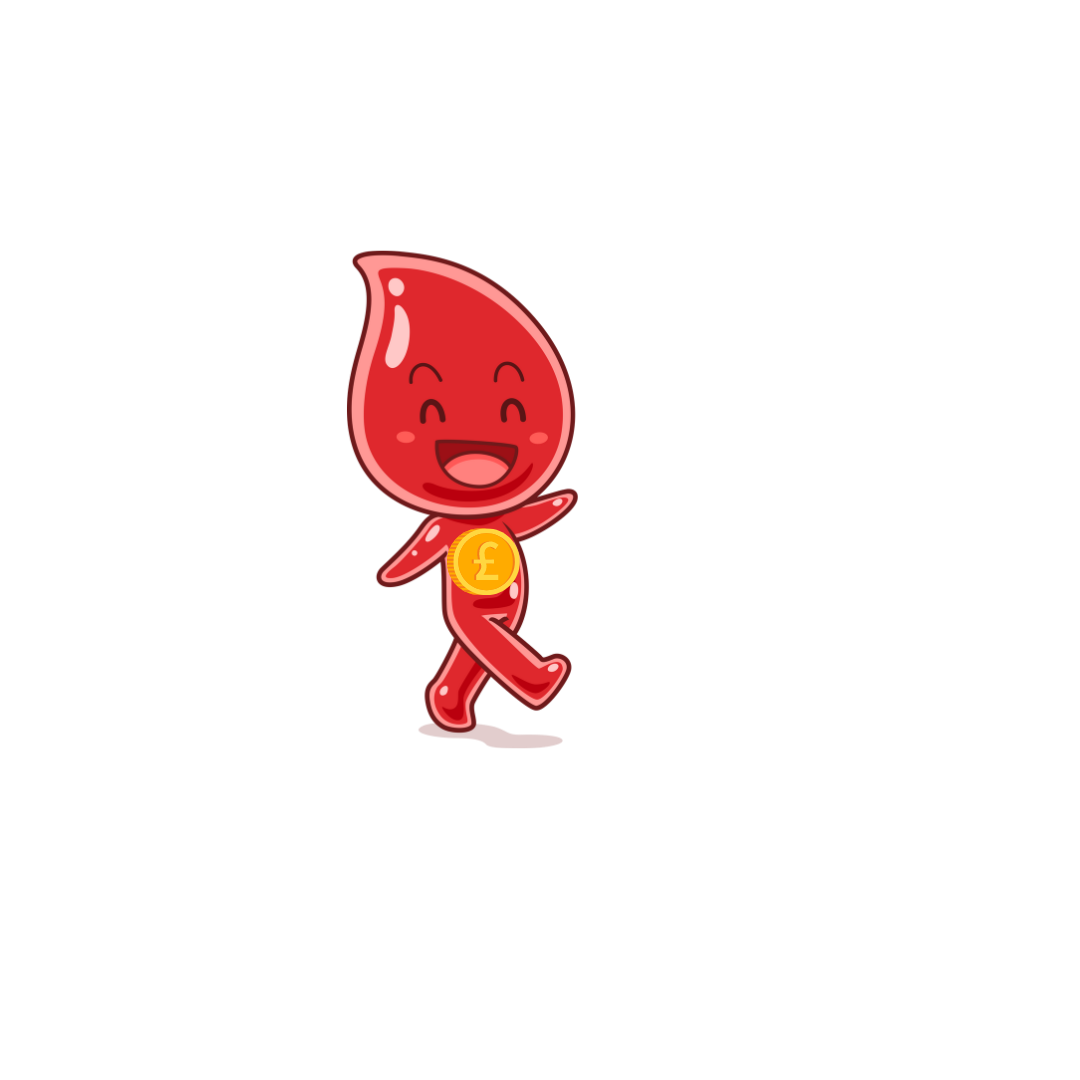Member’s Stories
A series of experiences from those affected by thalassaemia.
Receiving a diagnosis of a rare condition is a major life changing event for families. Often, the first-time people encounter the term “thalassaemia” is during pregnancy or after the birth of their precious baby. Like my parents and many families that I’ve had the pleasure of meeting over the years, the diagnosis of their child having beta thalassaemia major shattered the world they once thought they knew.
As a severe form of thalassaemia is inherited from both parents who usually carry the trait unknowingly, testing is only offered in England after a woman becomes pregnant; despite it being covered by the NHS at any point in someone’s life. If the mother was identified as being a carrier of the condition, only then would the biological father be offered an invitation to be screened. Following a positive result from the father or if the father is absent or declines, prenatal diagnosis is offered before an official diagnosis is made.
After receiving information about what life with the condition entails, parents are then faced with one of the most difficult decisions they will ever have to make in their lives. The question they are then asked is “would you like to continue with the pregnancy, or would you like to terminate?
During my life I have heard many parents used the term “life sentence” to describe what they felt at the time they received the diagnosis. The concept of their child needing life-long blood transfusions every three to four weeks and daily iron chelation medication in order to stay alive was an enormous and challenging pill to swallow.
My parents received my diagnosis after months of pleading with my paediatrician in the Caribbean that something wasn’t right. My mother recounted that I had gone from a being a feisty new-born; full of life and smiles to a very lethargic baby, who was no longer feeding well. Her maternal instincts were discounted as a first-time mother’s neuroticism and as the weeks progressed, so too did my health. It was only after being taken for a second opinion that my parents learn that I had inherited a blood disorder known as beta thalassaemia major and needed to receive a blood transfusion right away.
Being diagnosed with the condition at a young age and being blessed with parents who normalised my regular blood transfusions and iron chelation therapy, I believed I was invincible. I excelled in school, played sports, music, danced and achieved anything that I put my mind to. Despite hating the 8-12 hourly daily subcutaneous injections which caused pain and swelling at the injection site, I loved having time off from school for my blood transfusions.
My 13th birthday was not remembered as the celebration that most children experience. It was the day that I saw a close friend of mine with thalassaemia who just three years older; on her last moments of life. My parents had heard she was unwell, and I decided I wanted to visit her to cheer her up. The reality we faced that day is a memory that we can never erase.
Despite losing another friend a few years before, I had never made the connection between thalassaemia and death. I remember being extremely quiet on the car journey home (a rarity) as I started to think about the age my friends were dying. I realised that no one was crossing the age of sixteen which was only three years away. Was I going to die prematurely too? I made a decision that I was not going to ask my parents about it as I saw through their strong personas and could tell just how distraught they were too, and I tried to forget about sixteen.
At the age of 14, my mum was offered a governmental post in the UK which meant us having to relocate. I was apprehensive about leaving the country and people I knew and loved. I remember asking my mum at the time that if she had to live for 1 year in bliss or 2 years unhappy, which would she choose? I obviously didn’t forget about sixteen.
Relocating to the UK was scary but something that I am extremely grateful for. I will always remember my first day at my new hospital. Despite only being 14, I was treated in the adult service where I was now the youngest patient at the unit instead of one of the ‘seniors’. On that first day, I met patients with thalassaemia major whose ages ranged from 18 to early 40s. I could not believe my eyes. Not only were some of these individuals at university and employed, but they were also married and some even parents. There was life after 16 after all.
I settled into school and began preparations for GCSE’s. Suddenly, my life had purpose again and my dreams were reignited.
Adherence to my rigorous treatment became problematic. As my body was unable to excrete the extra iron, I obtained during each blood transfusion on its own, not taking the medication had resulted in my liver and heart becoming significantly overloaded with iron. I was on the cusp on heart failure. I remember my haematologist saying that I was a “ticking timebomb”, and not only would I develop cardiac problems, but the iron overload would also damage other organs resulting in diabetes, infertility, hypothyroidism etc, that would result in even more medication and be irreversible. I needed to act quickly. However, the problem with iron overload is that it can be a silent killer. I didn’t feel unwell in any way so taking medication didn’t reduce symptoms for me, it just caused side effects.
If you think about being prescribed a course of antibiotics when you are unwell. Despite people being told to complete the course, adherence usually declines when people begin to feel better. Now imagine if they were told, they needed to take antibiotics for the rest of their lives even though their symptoms were long gone. Now think of it as daily injections that caused pain.
It was difficult, however, on hearing the older patients describe the complications and the copious amounts of medications they had to take, I quickly came to my senses. My mother, the older patients and my health care professionals explained that once I had my blood transfusions on time and I took my daily 12-hourly subcutaneous and oral iron chelation medications, I would not develop any other secondary conditions associated with iron overload. The only secondary complication I had at the time was severe osteoporosis and joint pain, so I decided to listen.
I remember them all saying that there was nothing I couldn’t do or achieve and that I would have a “normal” life. I believed it and I completely changed my perspective.
Though treatment was extremely difficult and each day I had an internal fight with myself to convince myself to not miss a single dose and to keep pricking my abdomen and legs despite having no free painless spots, I did it. I excelled in my undergraduate degree with honours in psychology, modelled and had the life most would envy. At 21, I was offered a scholarship to pursue my MSc in health psychology from my university- something that only one person per year was offered and I jumped at the offer. My future looked bright; full of endless possibilities.
However, a few months later, life changed. I began to experience severe reactions to the blood transfusions I needed to survive. As the weeks and months went on, the reactions increased in severity. My education began to suffer as my transfusion regime became more and more frequent. As my course was accredited by the British Psychological Society, I needed to attend 90% of my lectures and labs in order to advance to the doctorate. The course leader said, “there could be no exceptions made” and suggested I had to find another time to have my blood transfusions or stop the course.
I was determined to continue with my course and my work placements as anything less felt like failure. I struggled and the university made no exceptions. My thalassaemia team tried their best to accommodate my transfusions but as the reactions increased, very little could have be done. I remember during one transfusion I was transferred to a ward to complete the transfusion due to the reactions. My transfusion and treatment finished at 6am when I insisted, I had to be discharged in order to submit the paper I was working on all night and attend my lecture at 9am. I remember sitting in the lecture room and rocking in pain as I tried to keep up with my statistics course. My lecturer noticed and said I should go home but I knew I would lose my accreditation and my dreams for pursuing my doctorate and PhD would vanish, so I couldn’t leave. Sadly, this was not the only occasion.
As most patients with thalassaemia over the age of 18 developed osteoporosis, being prescribed intravenous bisphosphonates was not uncommon. However, as I also reacted severely to this, the infusion times increased from 30 mins to 12 hours over the course of the year as my bone density was comparable to that of an 82-year-old woman. This also meant it was yet another day I needed to miss my lectures. I began experiencing severe joint pain, phlebitis and being sick for days but I struggled to not miss lectures. Suddenly the “normal” life I was promised, wasn’t so normal anymore.
However, despite the challenges, I graduated with a MSc in Health Psychology that year with distinction and gained a full scholarship at 22 to pursue my PhD and clinical doctorate in Health Psychology.
The sad reality for most patients with thalassaemia is that despite the advances in treatment and not looking “sick” many people do not believe how severely the condition can impact our lives.
My story may be unique in some way; however, it is not uncommon. People with thalassaemia fight battles that the “healthy” can often take for granted. I have heard from many patients that there were asked to take annual leave or sick leave to attend hospital for their blood transfusions, scans and clinic appointments which meant they had zero holidays or would not get paid.
I have heard from other patients describe that life with an “invisible” condition such as thalassaemia can be bittersweet as they are often denied help and support when they need it the most.
We see this happening regularly when patients apply to Department of work and pensions for personal independence payments or disability badges as the assessors comment they don’t look “sick” and seem to have “normal” life that is not really affected.
But tell me this, do you think life with thalassaemia with an average life expectancy of 45 ever be comparable to that of the general population? Sadly, the answer made by the people in power who make “informed” decisions about the availability of new treatments, NHS services and social care will not only surprise you but depress you too.




